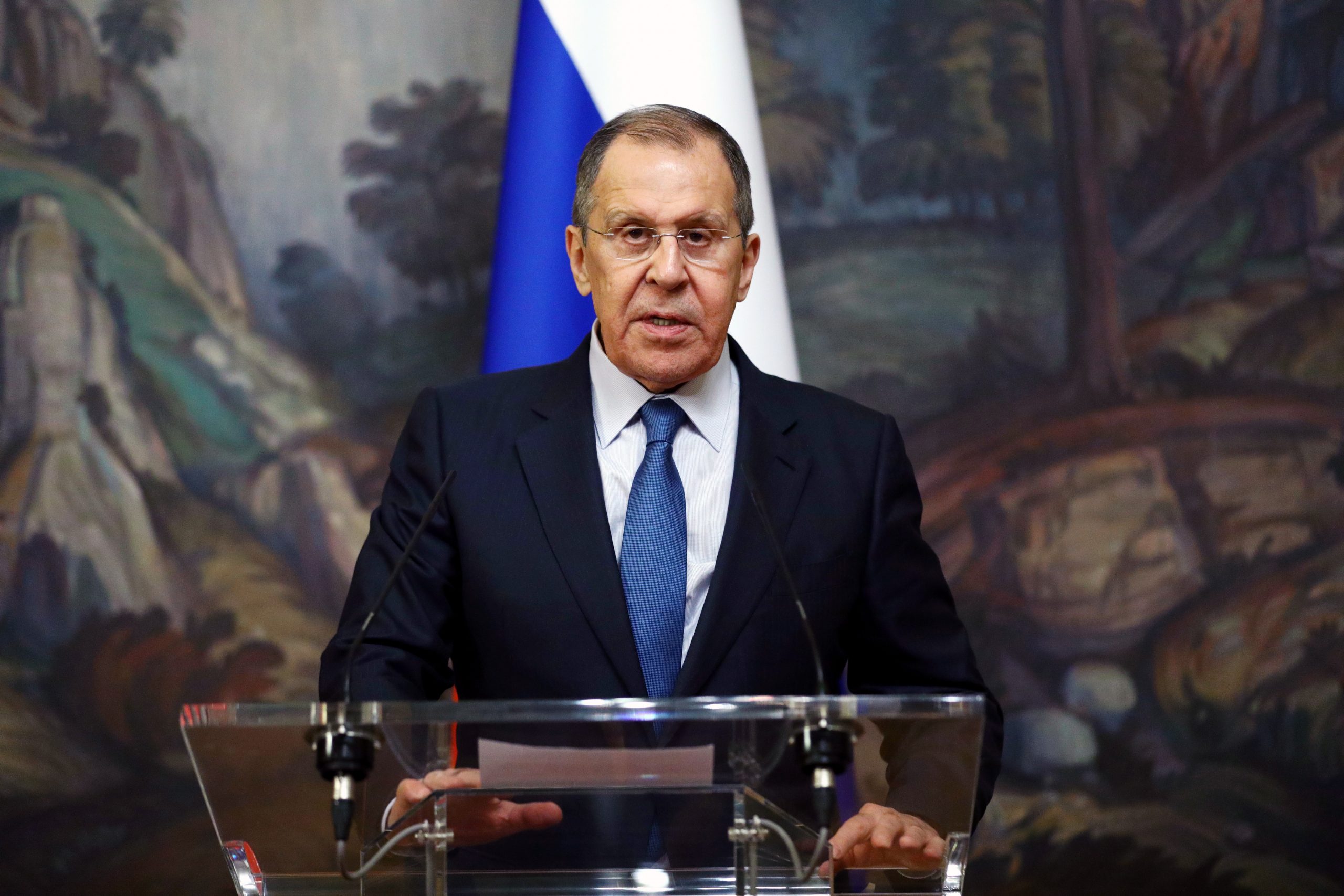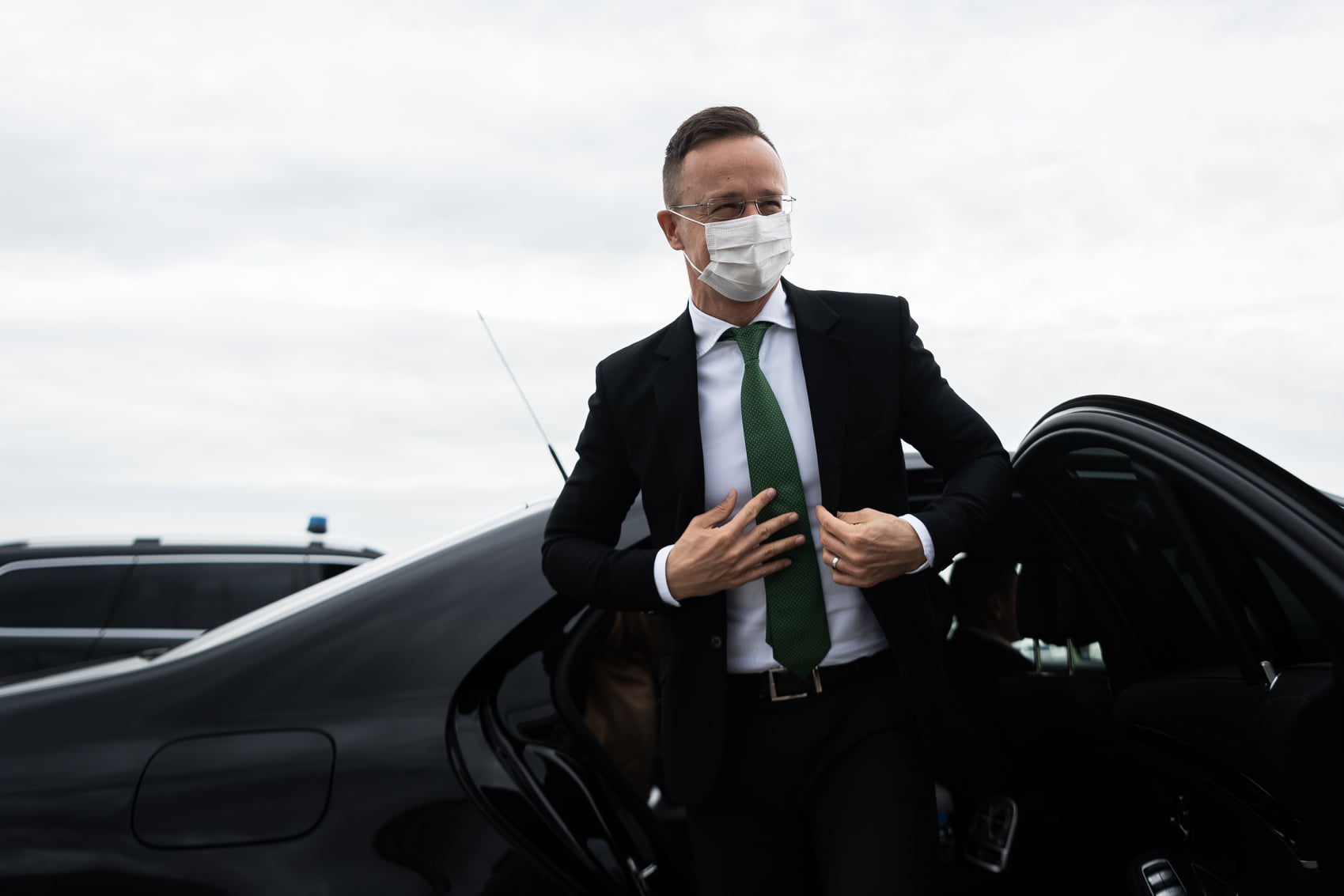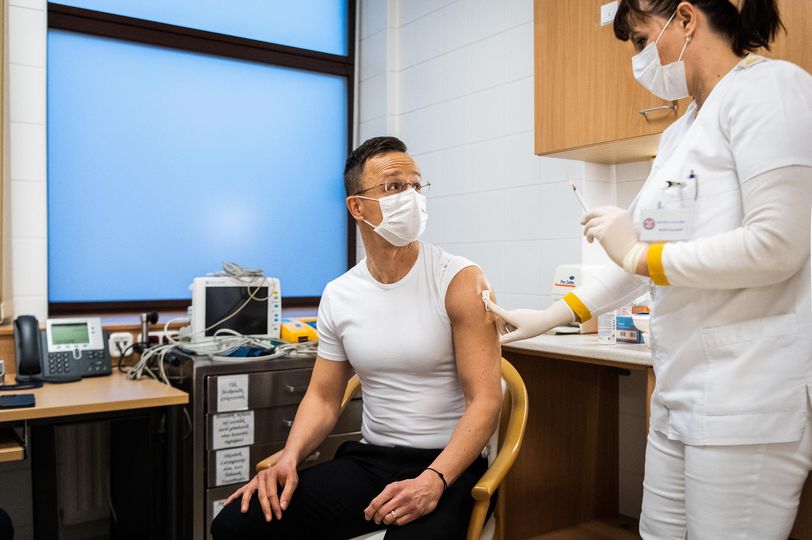
Cooperation between Russia and Hungary has reached an “unprecedented level”, Russian Foreign Minister Sergey Lavrov told pro-government daily Magyar Nemzet in an interview published on Monday.
Lavrov is scheduled to pay a working visit to Budapest, on invitation from Hungarian counterpart Péter Szijjártó, on Tuesday.
He said that relations between the two countries were “based on healthy pragmatism, respecting each others’ interests and both sides focusing on work”.
Related article
FM Szijjártó: Russia Not Seen as Security Threat in Hungary
Hungary does not consider Russia poses a direct security threat to its territory but understands and respects that other NATO member states think differently, Foreign Minister Péter Szijjártó said in Brussels on Wednesday after a two-day session of NATO foreign ministers. As a committed NATO member, Hungary has always been loyal to its allies, Szijjártó […]Continue reading
Referring to European Union sanctions introduced against Russia in 2014 which also had a negative effect on Hungary-Rusia trade, he said Russia was ready to develop trade and economic ties with Hungary to an extent that the Hungarian partners would demonstrate an openness to.
“Beyond restarting bilateral trade relations, there is also the possibility of relaunching investments and technical-scientific and industrial cooperation,” he said.
He highlighted successful cooperation between Hungary and Russia in the fight against the novel coronavirus pandemic, adding that Hungary was the first and so far only EU country that had approved the Russian Sputnik-V vaccine and purchased considerable stocks. He said the possibility of Hungarian production of the vaccine was currently being assessed.
Related article
Sputnik V Strengthens Hungary-Russia Friendship Despite Slow Shipments
Russia’s Ministry of Foreign Affairs also tweeted in English about Szijjártó’s vaccination with the hashtag RussiaHelps.Continue reading
Lavrov said assumptions that the Nord Stream 2 gas pipeline currently under construction would increase Europe’s dependence on Russian gas supplies were baseless. He said it would be more correct to talk about interdepence in a positive way considering that it was also in Russia’s interest that Europeans should buy its products including energy.
“In a strategic prospect, Nord Stream 2 will strengthen Europe’s energy security for many decades,” he added.
In response to a question, he said both Russia and Hungary were ready to continue personal meetings between their leaders but taking into consideration the risks caused by the coronavirus pandemic, direct dialogue between Russian President Vladimir Putin and Prime Minister Viktor Orbán will resume only after the public health and pandemic situation is stabilised.
Featured photo by MTI/EPA/Russian Foreign Ministry


